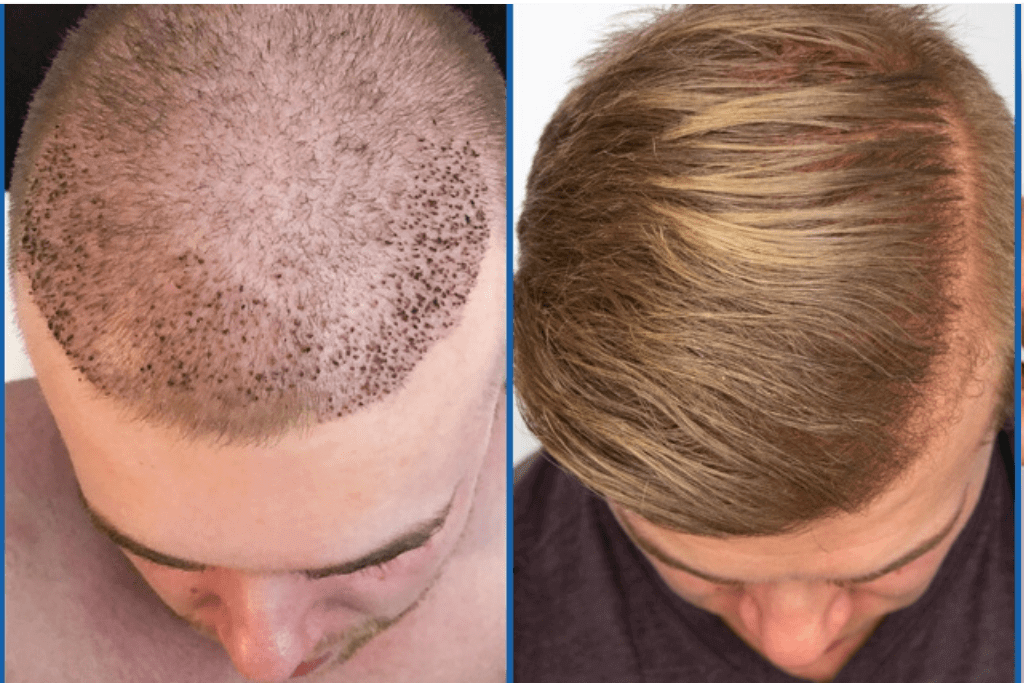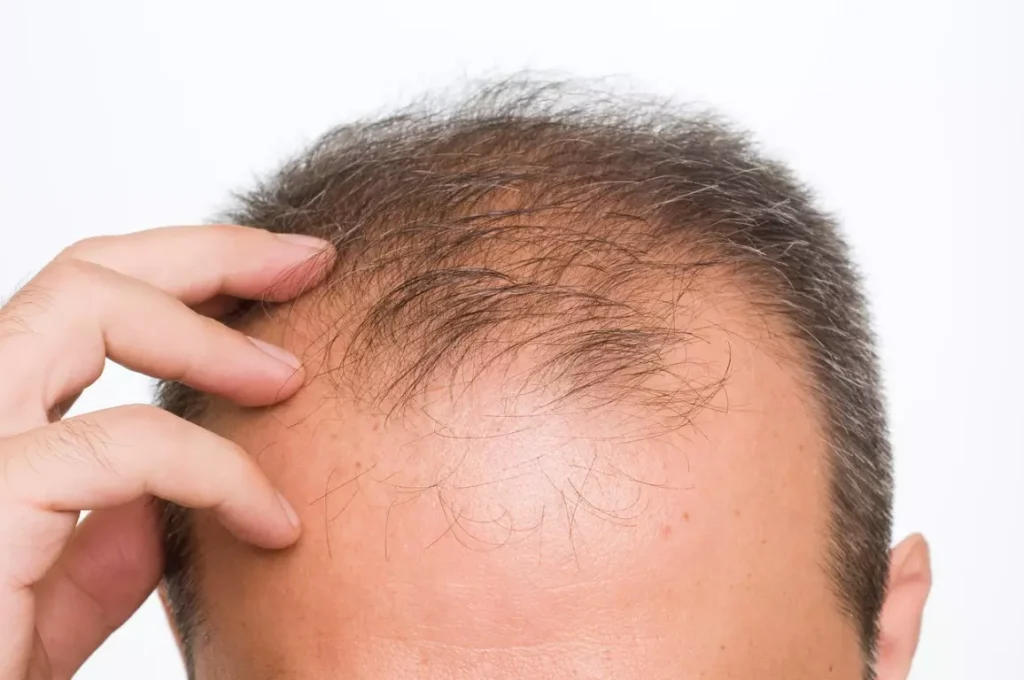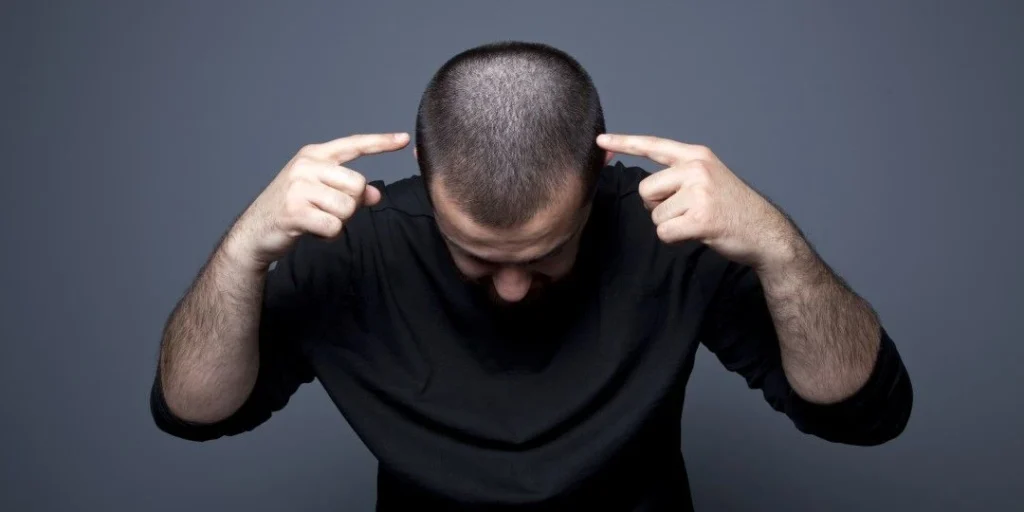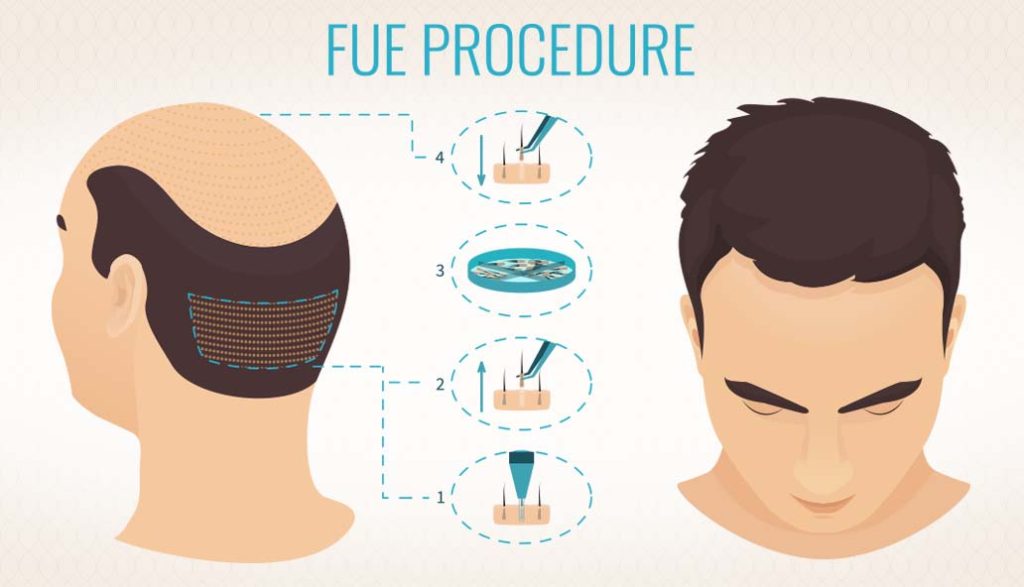As someone who has undergone a hair transplant, it is natural to be concerned about the potential impact of steroids on the transplanted hair. Steroids are known for their powerful effects on the body, and there is a common belief that they may cause hair loss. However, it is important to understand the facts behind this concern in order to make informed decisions about using steroids. In this blog article, we will explore the relationship between steroids and hair loss, specifically in the context of transplanted hair, and provide valuable insights for anyone considering the use of steroids after a hair transplant.
The Relationship Between Steroid Use and Hair Transplant Results

When it comes to the world of hair transplants, there are many factors that can impact the overall success of the procedure. One of these factors is the use of steroids, which has been a topic of debate and concern among both patients and professionals in the field. In this article, we will explore the relationship between steroid use and hair transplant results, and whether or not it can have a negative impact on the outcome.
The Role of Steroids in Hair Transplants
Steroids are commonly used to reduce inflammation and promote healing in the body. However, when it comes to hair transplants, their use can be a cause for concern. This is because steroids have been known to have negative effects on the growth and health of hair follicles. In some cases, the use of steroids can even lead to the loss of transplanted hair, which can ultimately result in a failed procedure.
The Impact on Transplant Results
It is important to note that not all individuals who use steroids will experience negative effects on their hair transplant results. However, for those who are considering a hair transplant, it is crucial to discuss any steroid use with the surgeon during the consultation process. This can help to determine the best course of action and minimize the risk of complications.
Conclusion
In conclusion, while the relationship between steroid use and hair transplant results is complex, it is important for individuals to be aware of the potential risks. By consulting with a qualified surgeon and being transparent about any steroid use, patients can ensure that they are taking the necessary steps to achieve the best possible outcome.
Understanding the Impact of Steroids on Transplanted Hair

When it comes to hair transplant surgeries, the use of steroids can have a significant impact on the outcome. Understanding the effects of steroids on transplanted hair is crucial for both patients and medical professionals involved in the process.
How Steroids Affect Transplanted Hair
Steroids are commonly used to reduce inflammation and promote healing in the body. However, when it comes to transplanted hair, steroids can have both positive and negative effects.
On the positive side, steroids can help to reduce swelling and inflammation in the scalp following a hair transplant procedure. This can lead to a quicker recovery and less discomfort for the patient.
However, prolonged or excessive use of steroids can also have negative effects on transplanted hair. Steroids can interfere with the growth and development of new hair follicles, leading to potential complications and a less desirable outcome for the patient.
Guidelines for Steroid Use in Hair Transplant Patients
For patients undergoing a hair transplant, it is important to follow the guidelines set forth by their medical provider when it comes to the use of steroids. This may include both oral and topical steroids, as well as specific dosages and duration of use.
It is also important for patients to communicate openly with their medical provider about any concerns or side effects they may be experiencing as a result of steroid use. This can help to ensure that the treatment plan is tailored to the individual needs of the patient.
The Balance of Benefits and Risks
Ultimately, the use of steroids in hair transplant patients is a delicate balance between the potential benefits and risks. While steroids can help to reduce inflammation and promote healing, they must be used cautiously to avoid interfering with the natural growth of transplanted hair.
By understanding the impact of steroids on transplanted hair and following the guidance of medical professionals, patients can optimize their chances of achieving successful and natural-looking results from their hair transplant procedure.
Managing Hair Transplant Recovery while Using Steroids

Managing the recovery process after a hair transplant can be challenging, especially for individuals who are also using steroids. While steroids can have numerous benefits for certain medical conditions, they can also have an impact on the body’s ability to heal and recover. Therefore, it is important for individuals undergoing a hair transplant while using steroids to take certain precautions and closely follow their medical professional’s guidance.
Understanding the Risks
When using steroids, the body’s immune system can be suppressed, leading to a slower healing process. This means that individuals who have recently undergone a hair transplant procedure may experience delayed recovery and a higher risk of complications. It is crucial for these individuals to closely monitor their healing progress and to seek medical attention if they notice any unusual symptoms or slow healing.
Consultation with Medical Professionals
Prior to undergoing a hair transplant procedure, individuals who are using steroids should consult with their medical professionals to assess the potential risks and establish a comprehensive plan for managing their recovery. Medical professionals can provide valuable guidance on how to support the body’s healing process while using steroids, including recommending specific medications, supplements, and post-operative care routines.
Communication with medical professionals is crucial in ensuring a successful recovery process while using steroids. It is important for individuals to strictly adhere to their medical professional’s recommendations and to openly communicate any concerns or developments during the recovery period.
By taking a proactive approach and closely following the guidance of medical professionals, individuals can effectively manage their hair transplant recovery while using steroids.
Exploring the Effect of Steroids on Hair Growth after Transplant

When it comes to hair transplantation, one of the important factors that patients consider is the post-operative care and maintenance of the newly transplanted hair. In recent years, there has been growing interest in the use of steroids to promote hair growth after the transplant. Steroids, such as corticosteroids, have been found to have both anti-inflammatory and immunosuppressive effects, which can potentially benefit the healing process and overall success of the hair transplant.
The Role of Steroids in Hair Growth
Steroids have been used in various medical treatments for their ability to reduce inflammation and suppress the immune response. In the context of hair transplantation, steroids are believed to help reduce swelling and inflammation in the scalp, allowing for better circulation and oxygenation of the hair follicles. This, in turn, can promote better graft survival and overall hair growth.
Additionally, steroids may also play a role in preventing the body’s immune system from attacking the newly transplanted hair follicles. This can be particularly beneficial in cases where patients have a history of autoimmune conditions or are at risk of rejection of the transplanted hair.
Studies on the Effectiveness of Steroids
Several studies have been conducted to explore the effectiveness of steroids in promoting hair growth after transplantation. One study published in the Journal of Dermatologic Surgery found that the use of corticosteroids significantly improved hair density and diameter in patients who underwent hair transplantation.
Another study in the Journal of Cosmetic Dermatology reported that the application of steroids post-transplant led to a lower rate of graft rejection and improved overall cosmetic outcomes.
Considerations and Precautions
While the use of steroids shows promise in promoting hair growth after transplantation, it is important to consider the potential side effects and risks. Prolonged use of steroids can lead to adverse effects such as skin thinning, delayed wound healing, and potential systemic effects if absorbed into the bloodstream.
It is crucial for patients to work closely with their healthcare providers to determine the appropriate dosage and duration of steroid use to minimize the risks while maximizing the benefits for hair growth.
Conclusion
In conclusion, the use of steroids in promoting hair growth after transplantation is a topic of growing interest and research. While there is evidence to support the effectiveness of steroids in improving hair density and graft survival, it is important for patients to weigh the potential risks and benefits in consultation with their healthcare providers. Further research and clinical trials are needed to fully understand the long-term effects and optimal use of steroids in post-transplant care.
Factors to Consider: Steroid Usage and Hair Transplant Success
When considering a hair transplant, there are several factors that can impact the success of the procedure. One such factor that has gained attention in recent years is the use of steroids. Steroids are known to have a number of potential side effects, and it is important to consider how they may affect the outcome of a hair transplant.
Understanding the Impact of Steroids on Hair Transplants
It is well-documented that steroids can cause hair loss as a side effect. This can be concerning for individuals who are undergoing a hair transplant, as they may worry about the potential impact of steroids on the newly transplanted hair follicles. Additionally, steroids can also affect the body’s healing process, which is crucial for the success of a hair transplant.
Another important consideration is the potential interaction between steroids and the medications that are commonly prescribed after a hair transplant. These medications are designed to promote healing and reduce the risk of infection, and it is important to understand how steroids may interact with these drugs.
The Importance of Consulting with a Qualified Professional
Given the potential impact of steroids on the success of a hair transplant, it is crucial for individuals to consult with a qualified professional before undergoing the procedure. A skilled hair transplant surgeon will be able to assess each patient’s unique medical history and provide personalized recommendations based on their individual circumstances.
Furthermore, it is important for individuals to be transparent about their steroid usage and any other medications they may be taking. This will allow the surgeon to make informed decisions about the timing of the procedure and the appropriate post-transplant care.
Conclusion
Ultimately, the decision to undergo a hair transplant while using steroids should be carefully considered. It is important to weigh the potential risks and benefits, and to consult with a knowledgeable professional who can provide personalized guidance. By taking the time to thoroughly evaluate the impact of steroids on the success of a hair transplant, individuals can make informed decisions and maximize their chances of a successful outcome.
Frequently Asked Questions
What are steroids?
Steroids are synthetic drugs that mimic the effects of the male hormone testosterone.
What are the common uses of steroids?
Steroids are commonly used to treat conditions such as delayed puberty, muscle loss from some diseases, and hormonal imbalances.
What are the potential side effects of steroids?
Potential side effects of steroids include acne, high blood pressure, and increased risk of liver damage.
Are steroids legal?
The legal status of steroids varies by country, but they are often regulated and controlled due to their potential for misuse and abuse.
Can steroids be addictive?
Yes, steroids can be addictive, and long-term use can lead to dependence and withdrawal symptoms.
